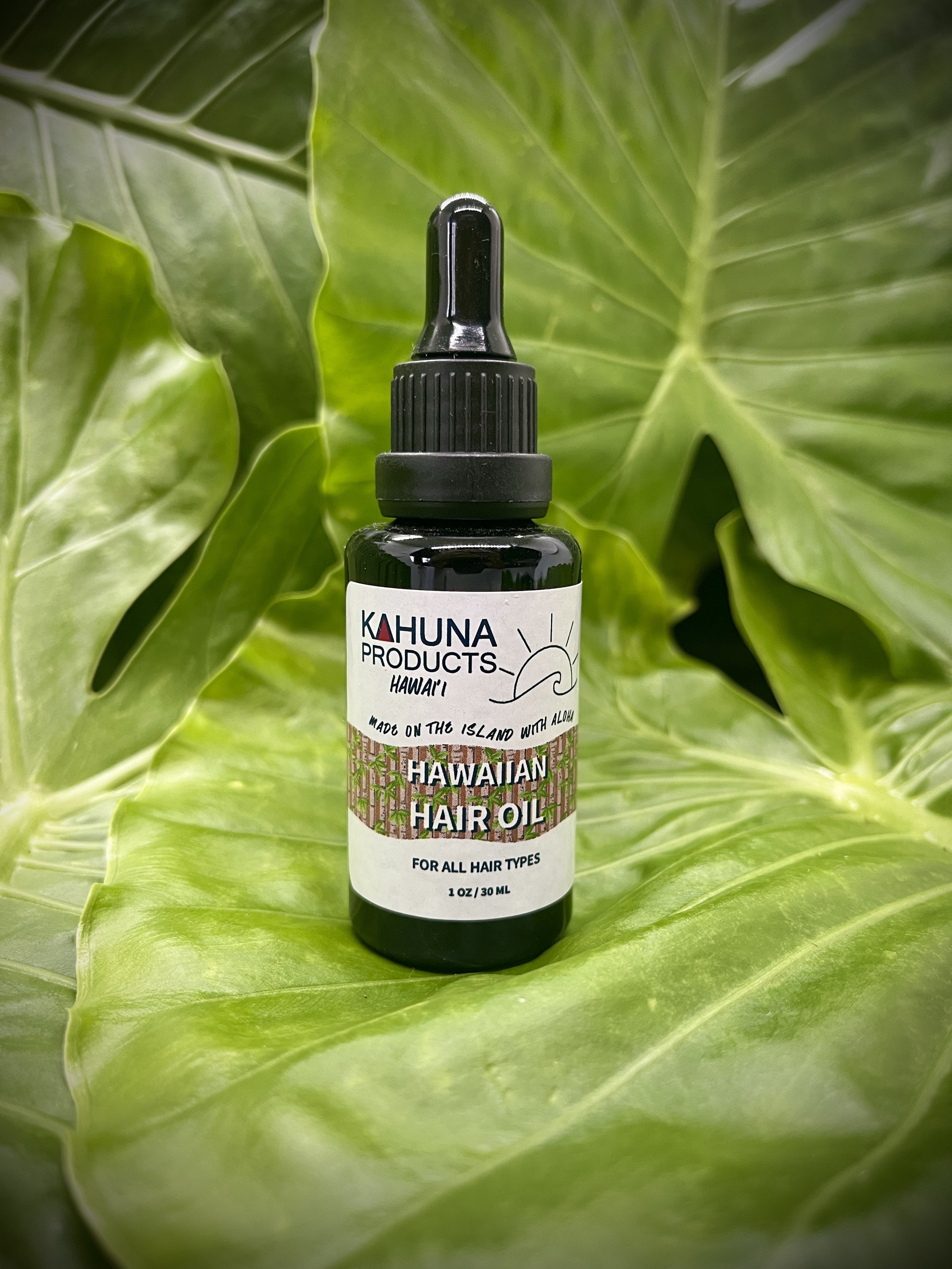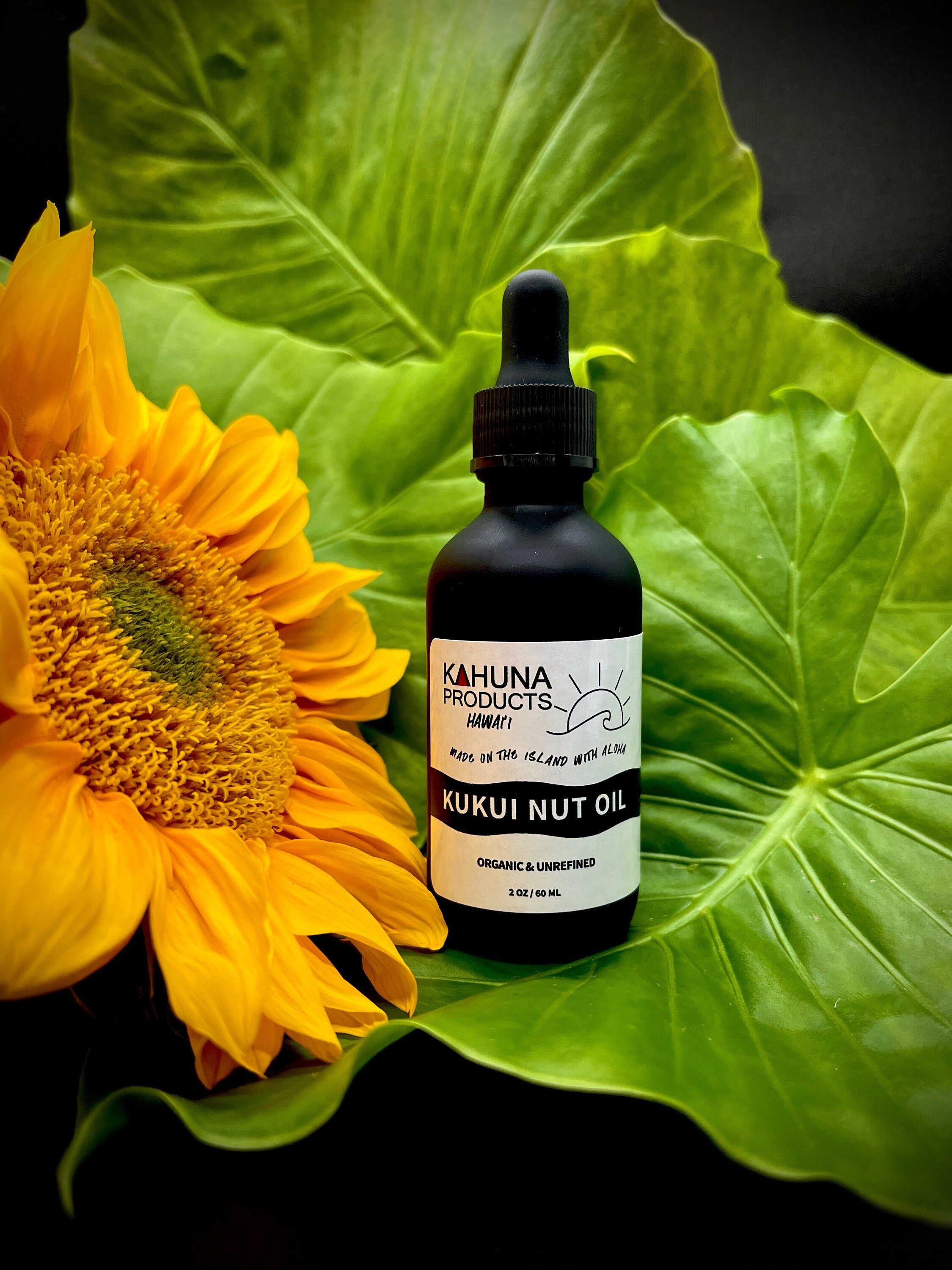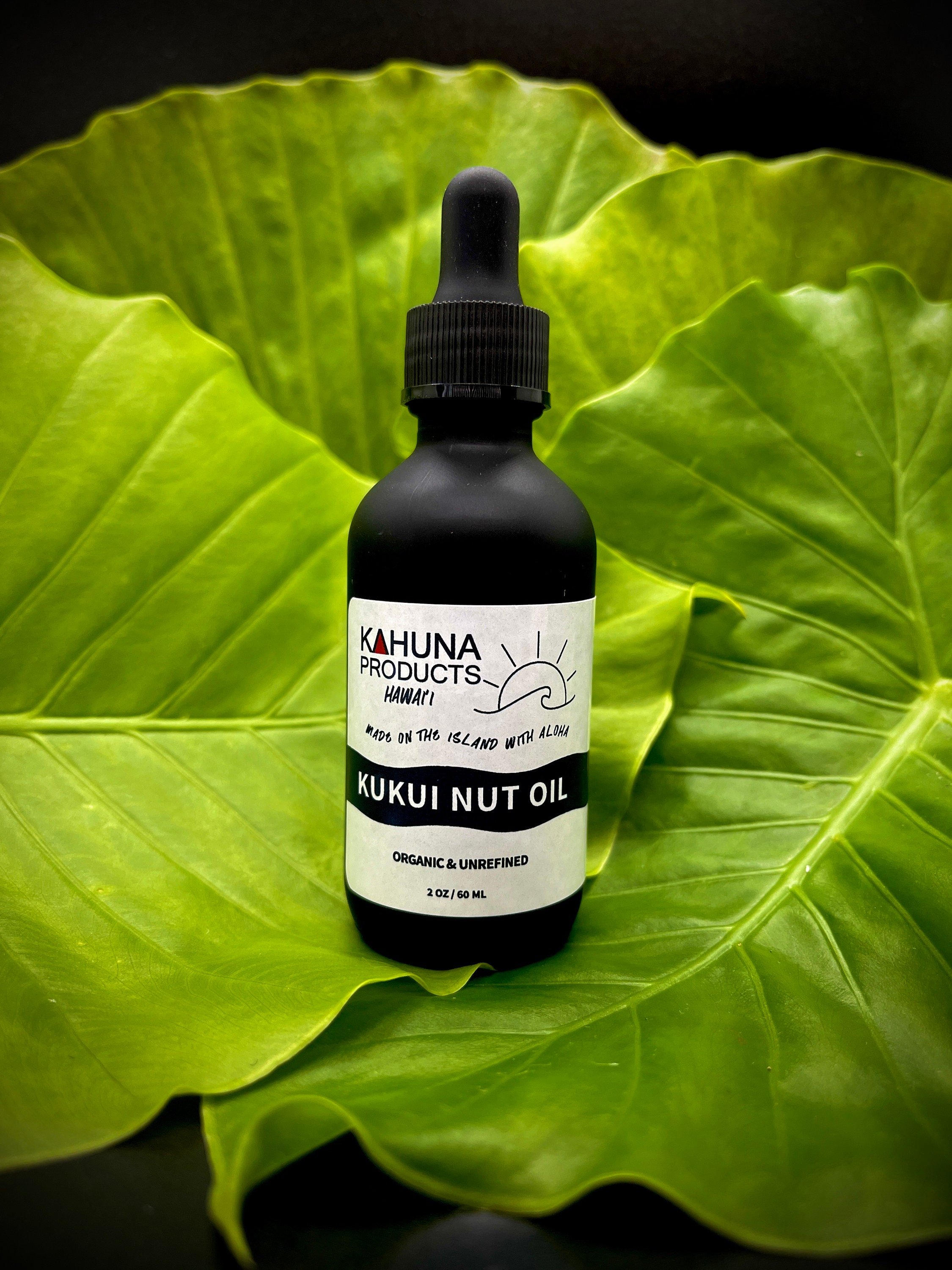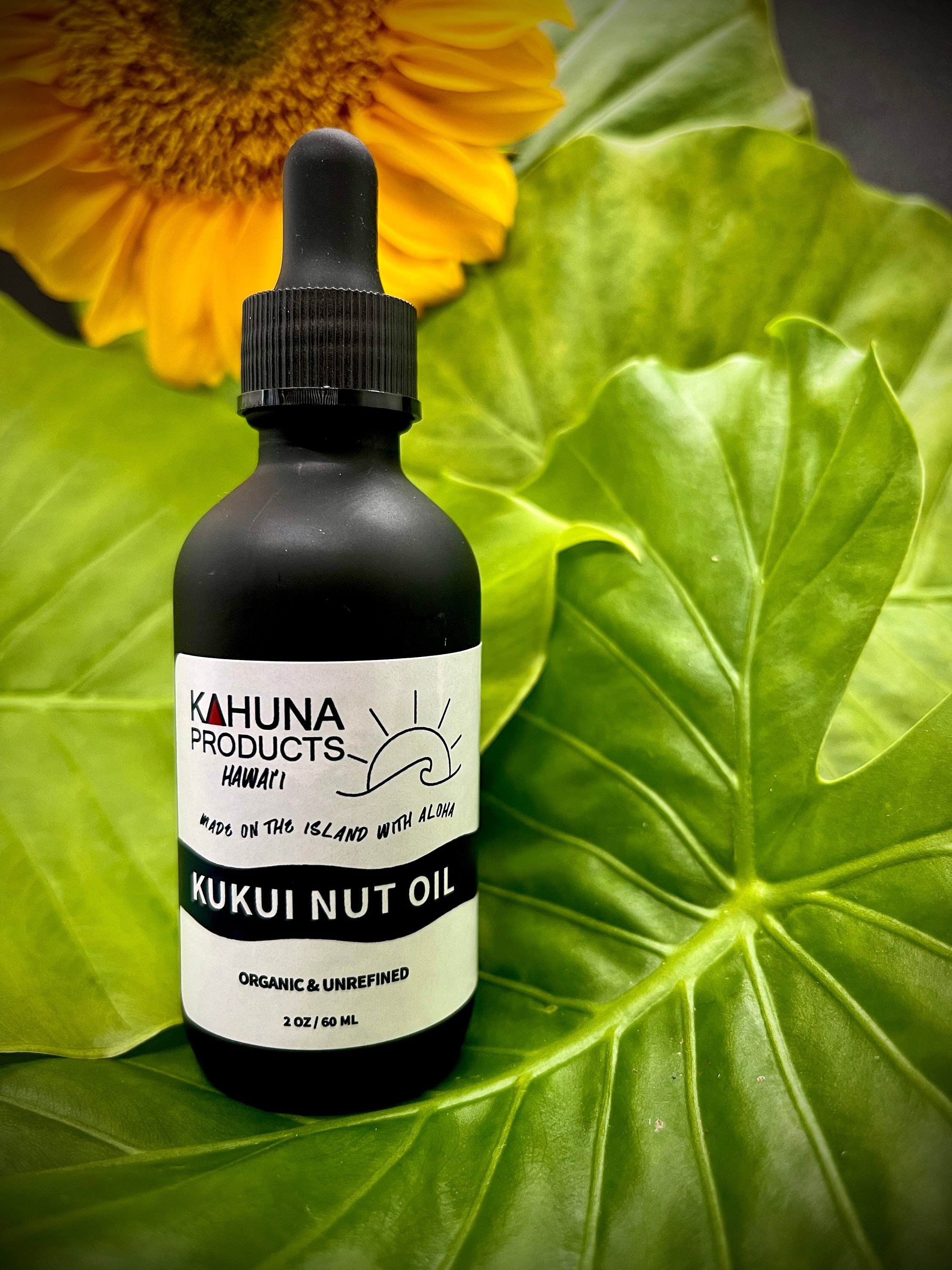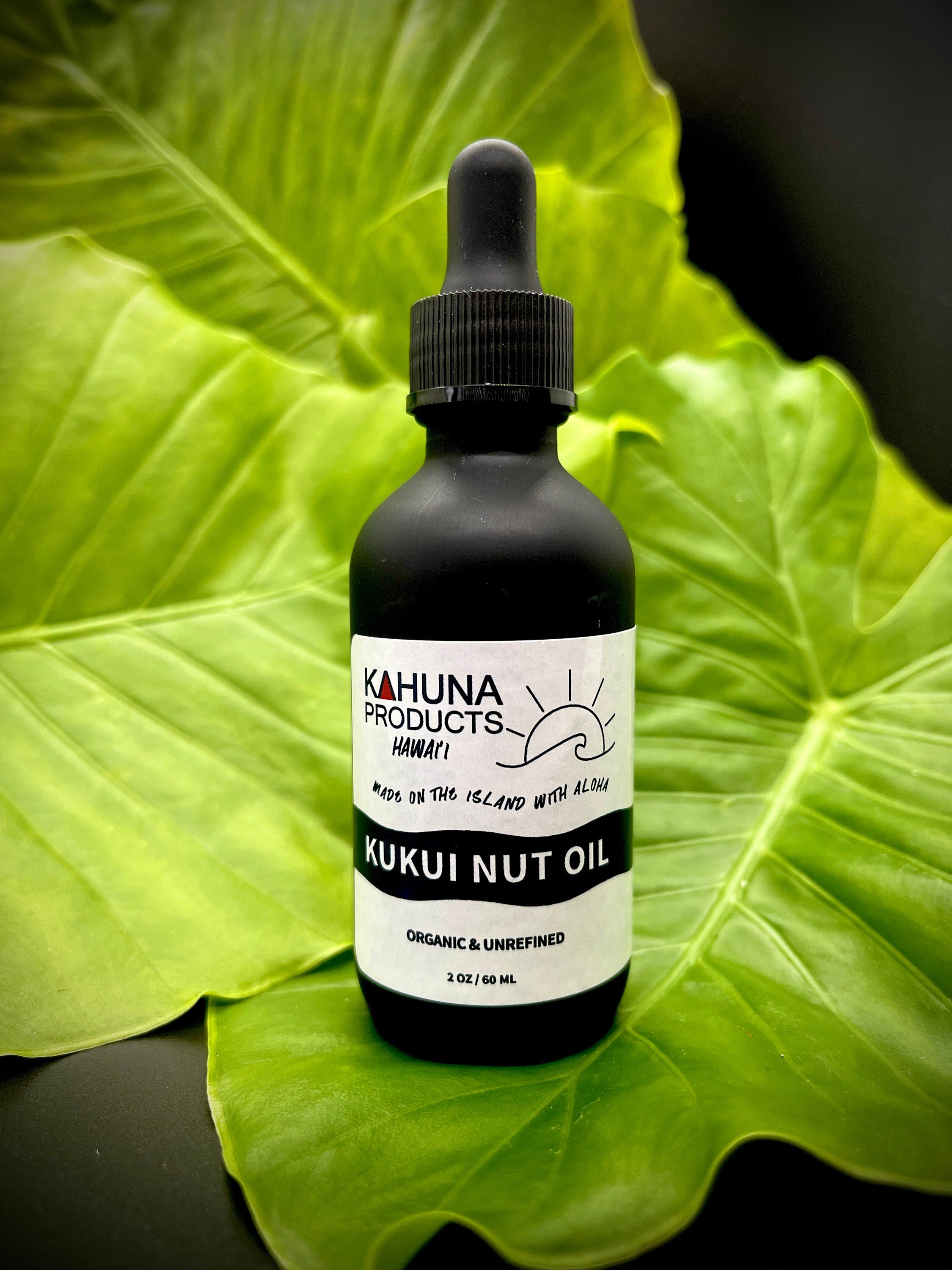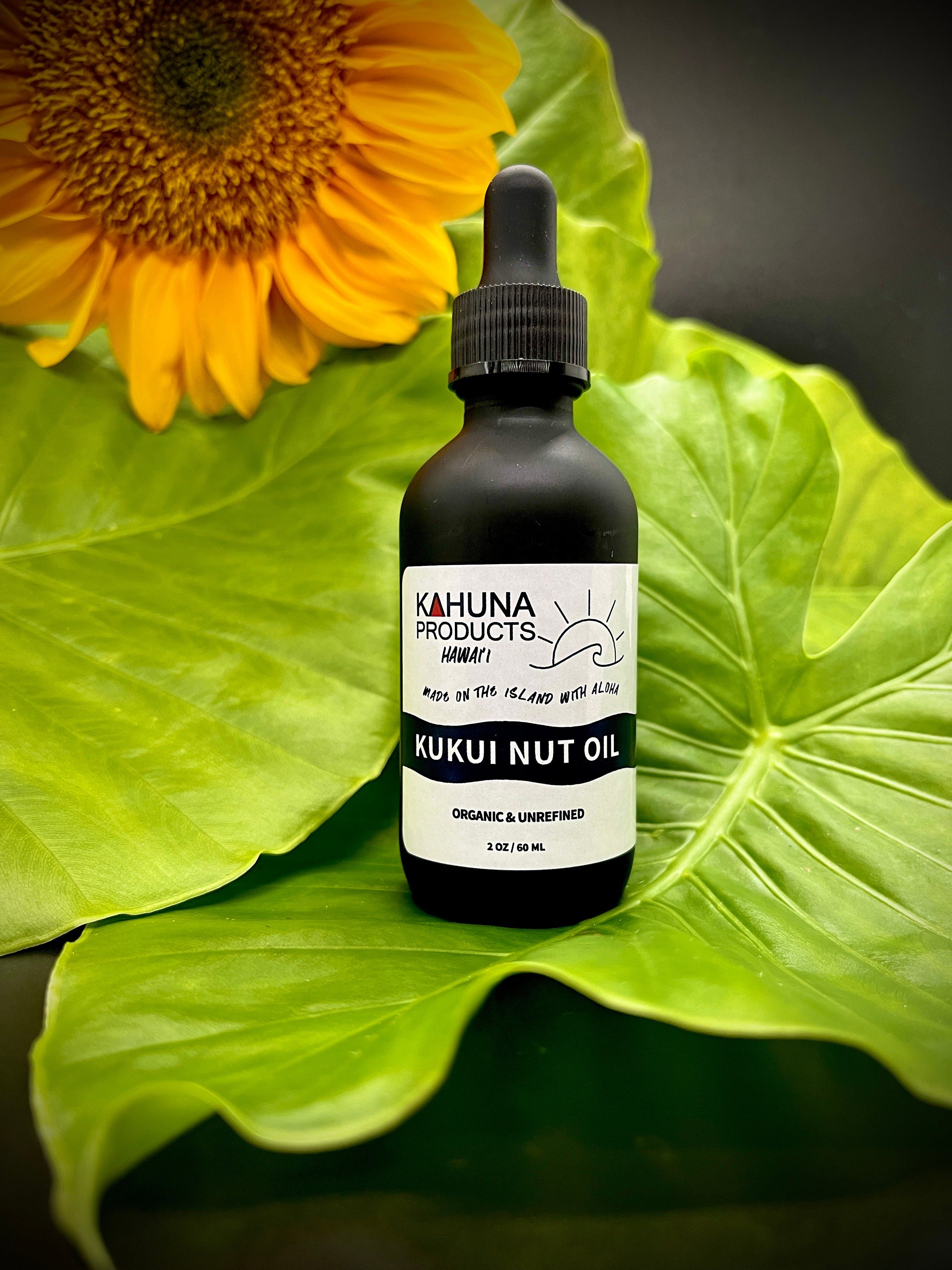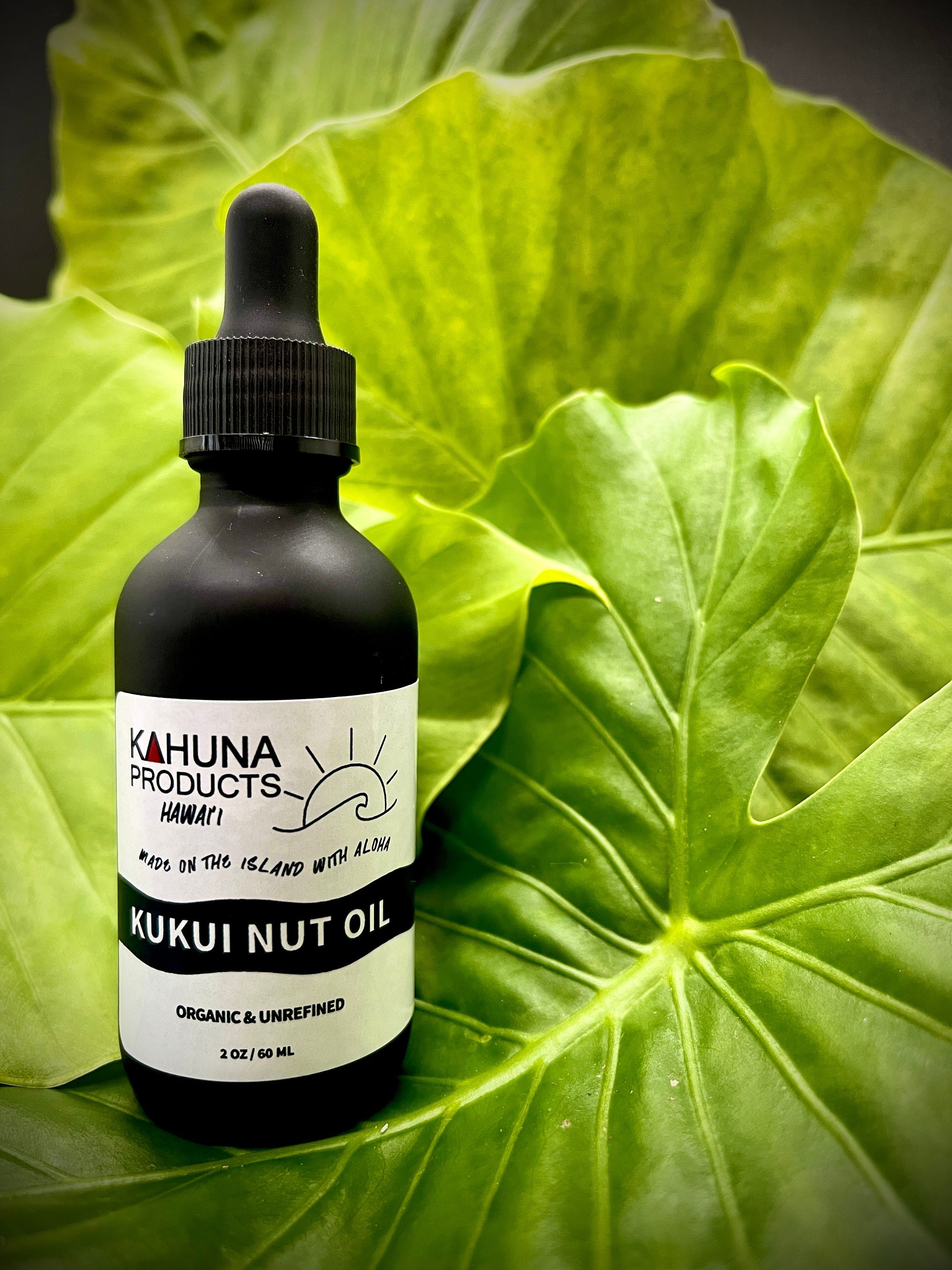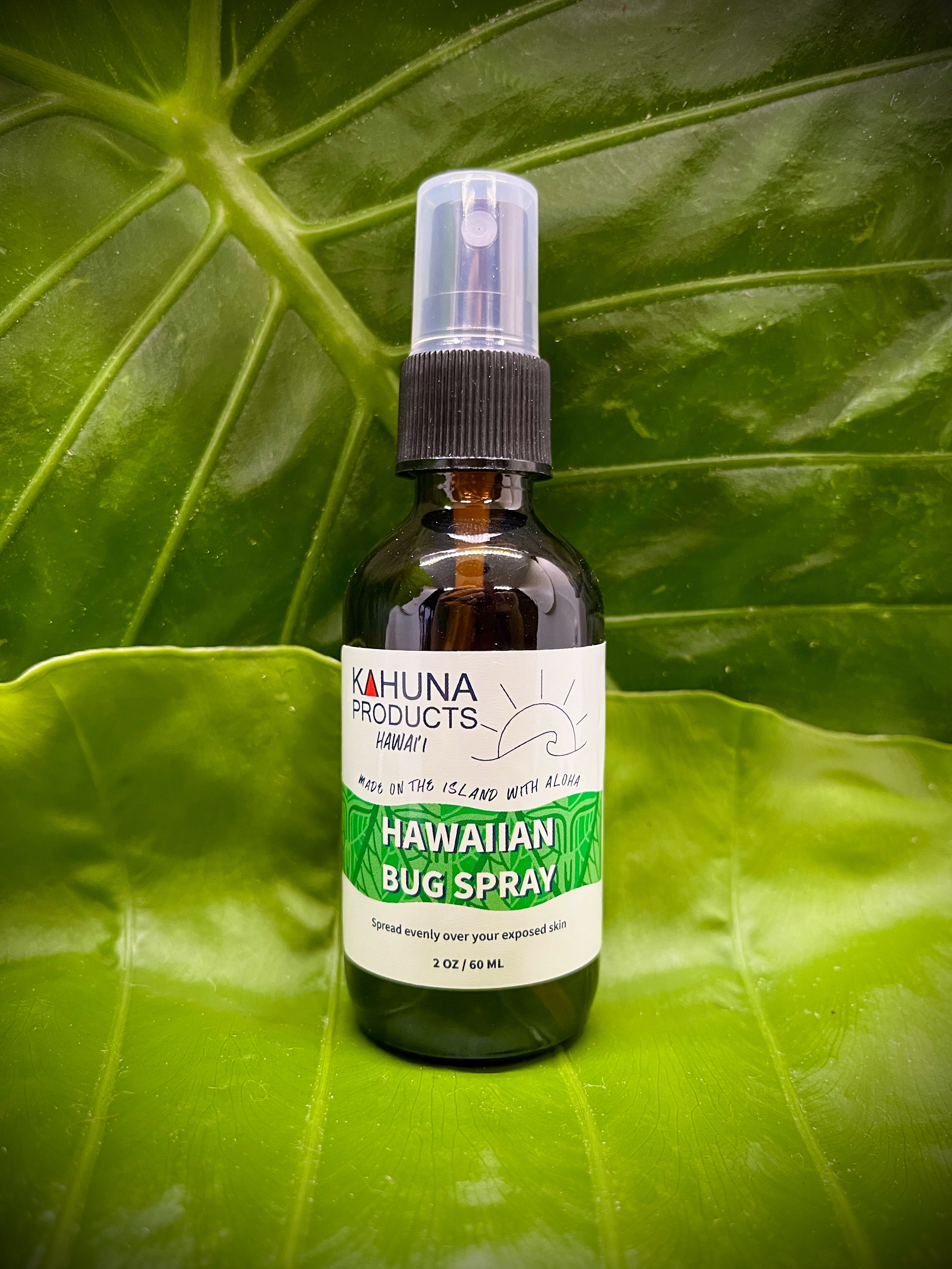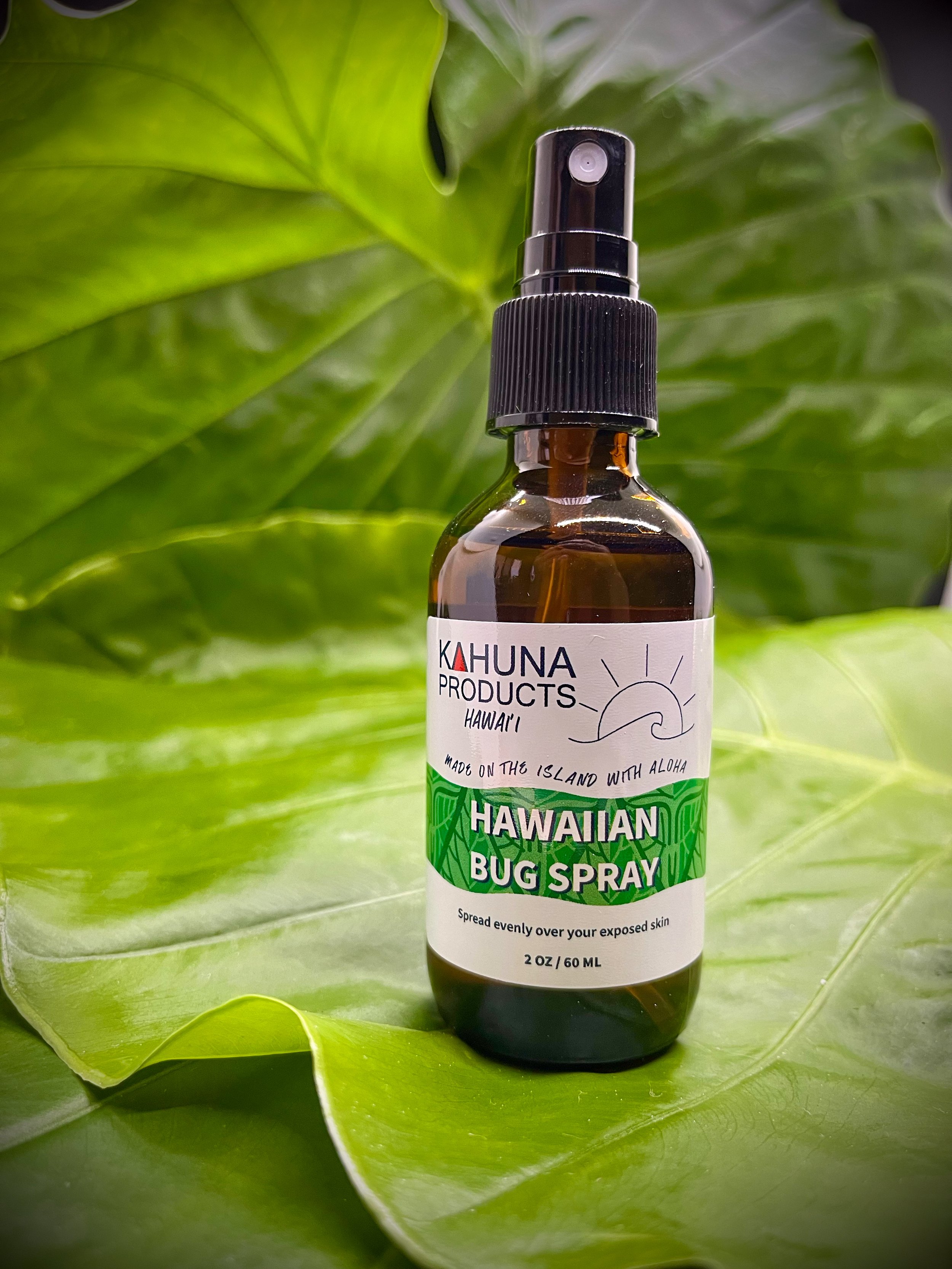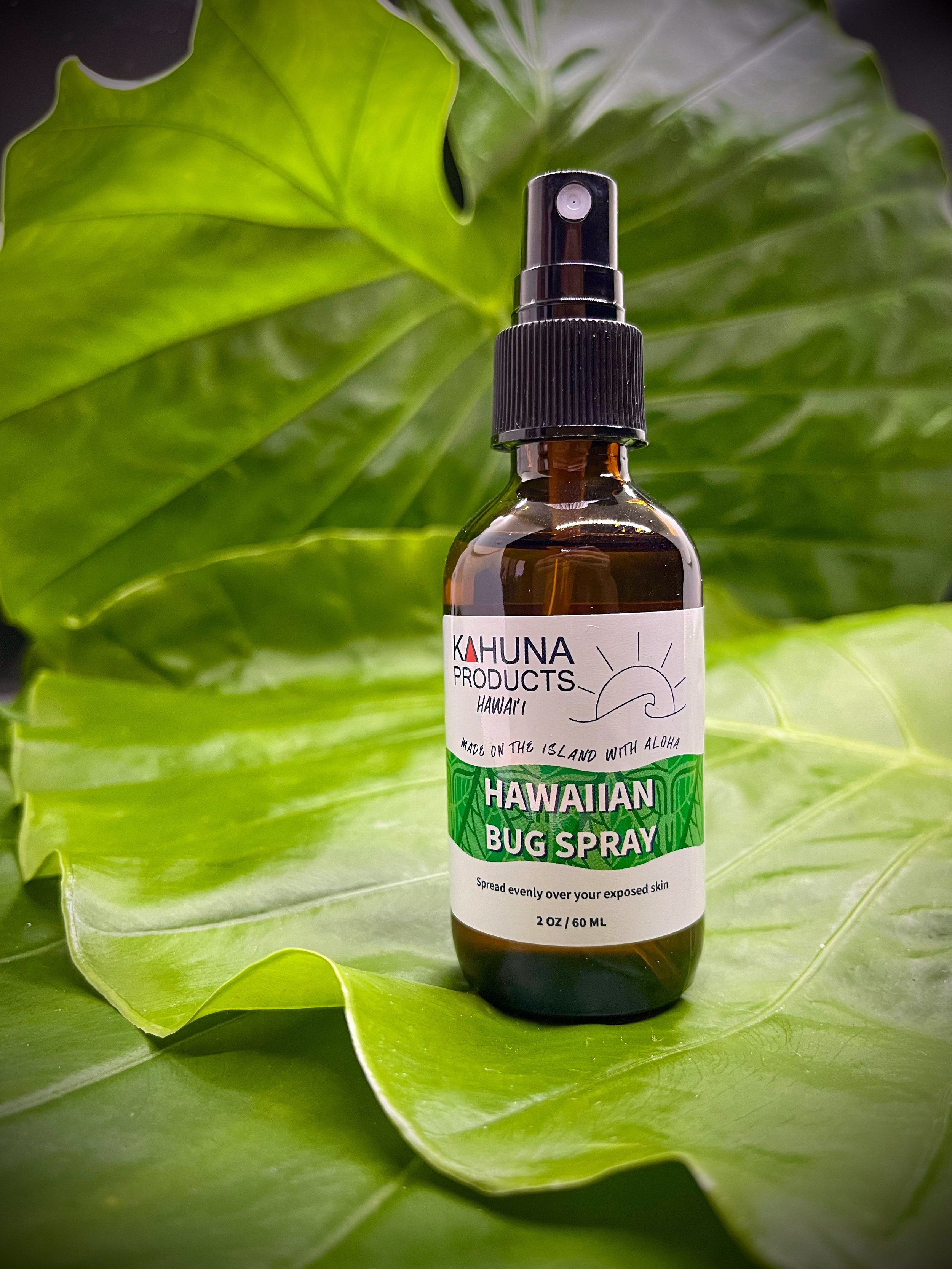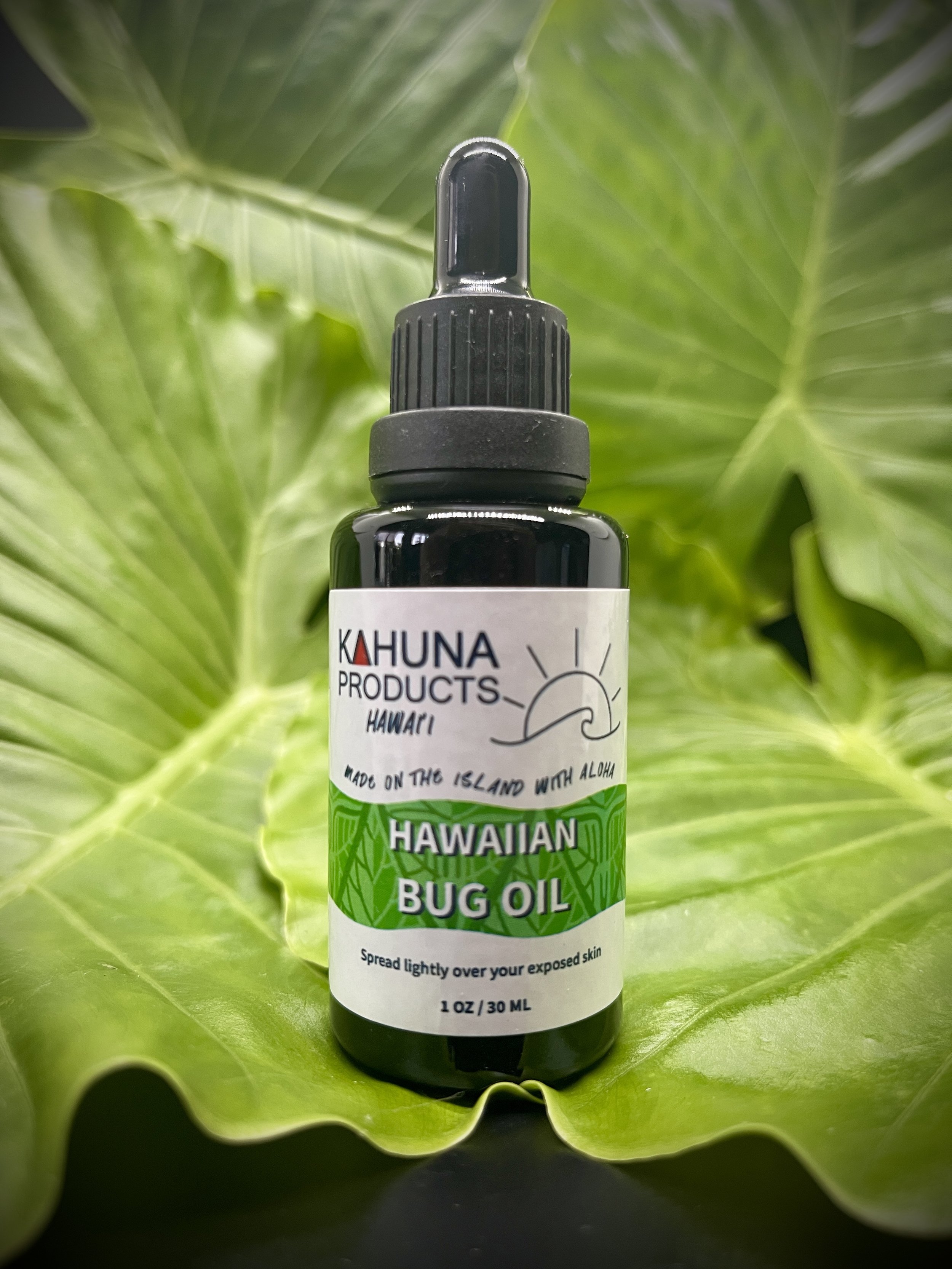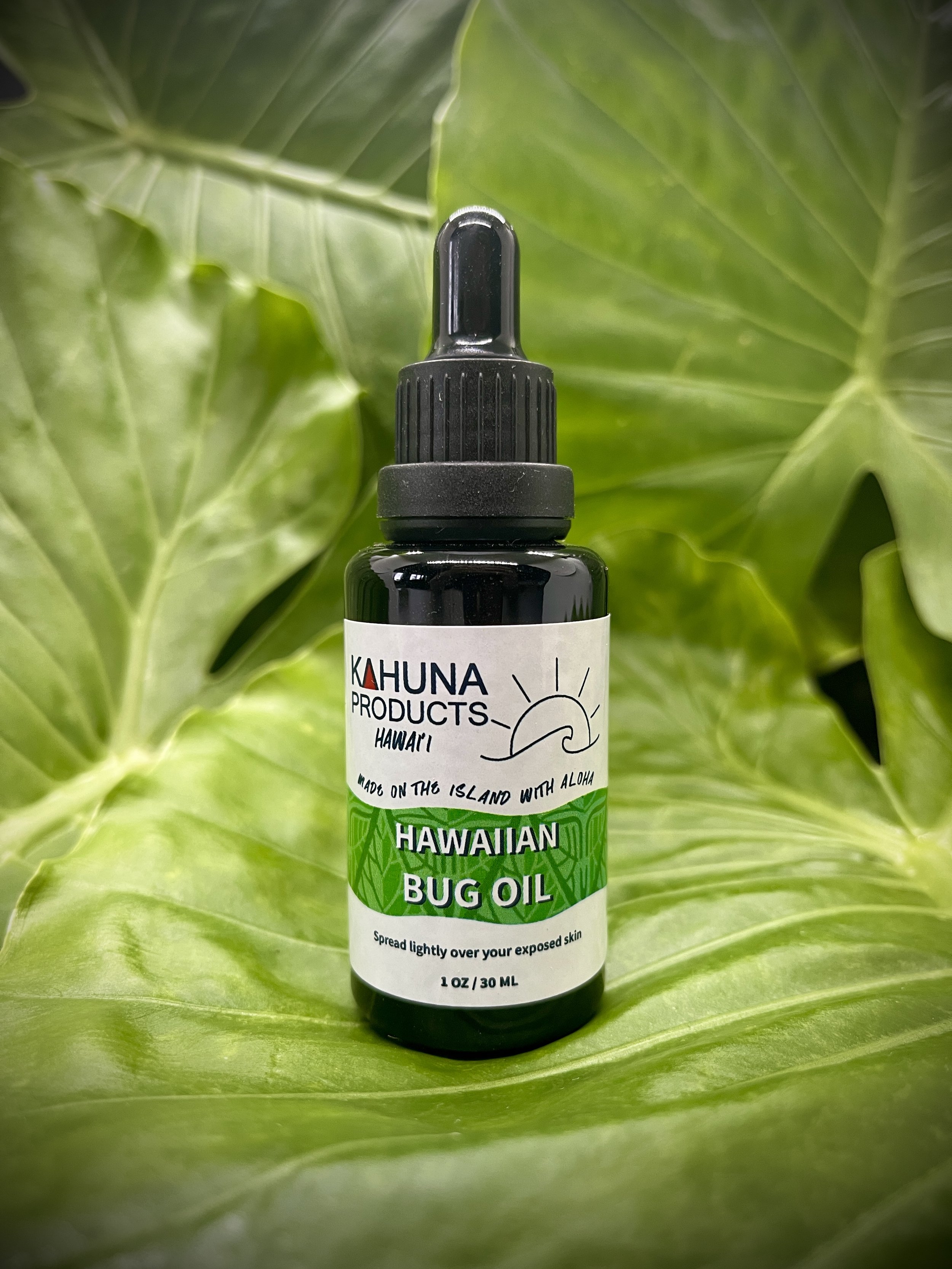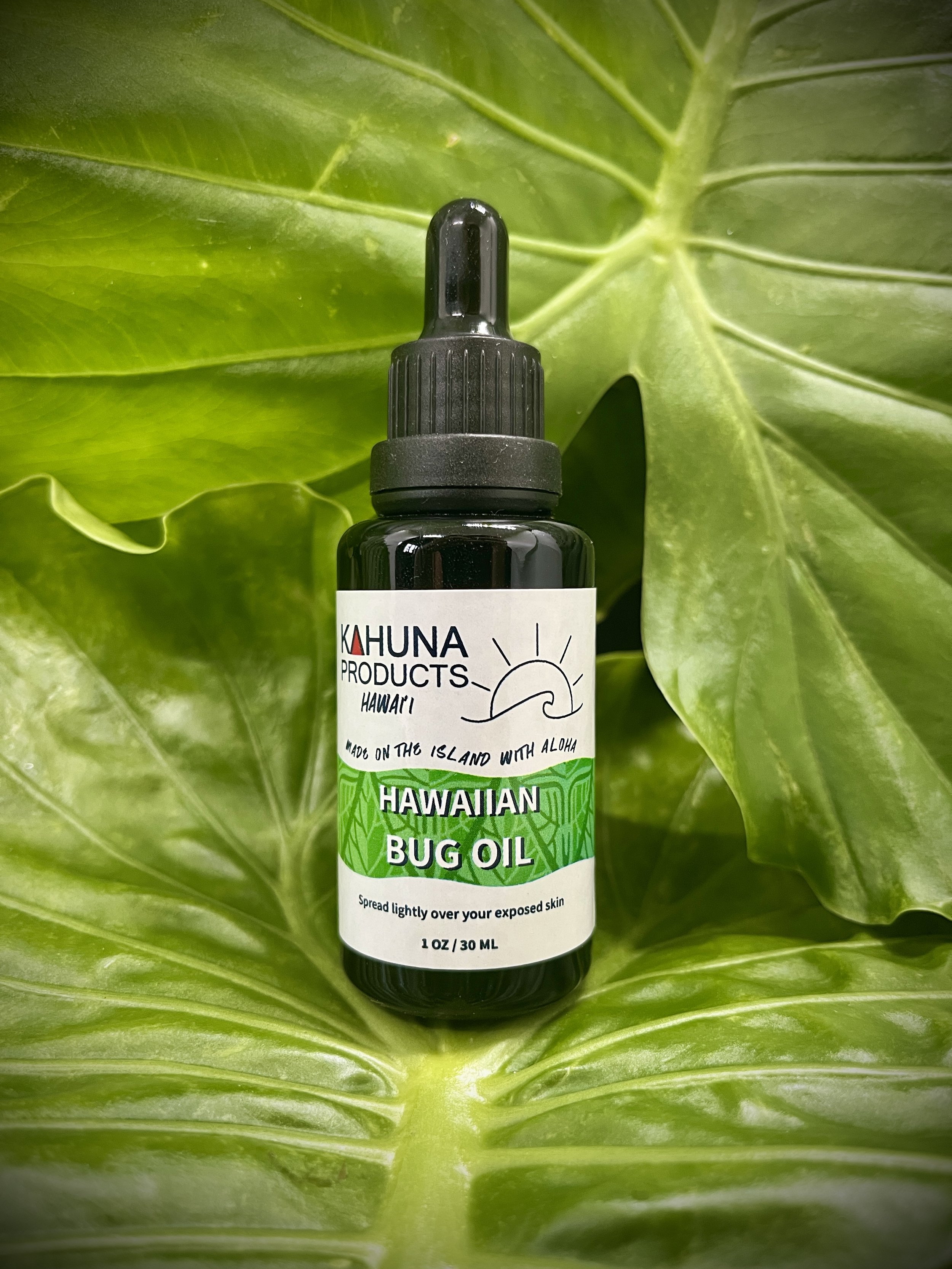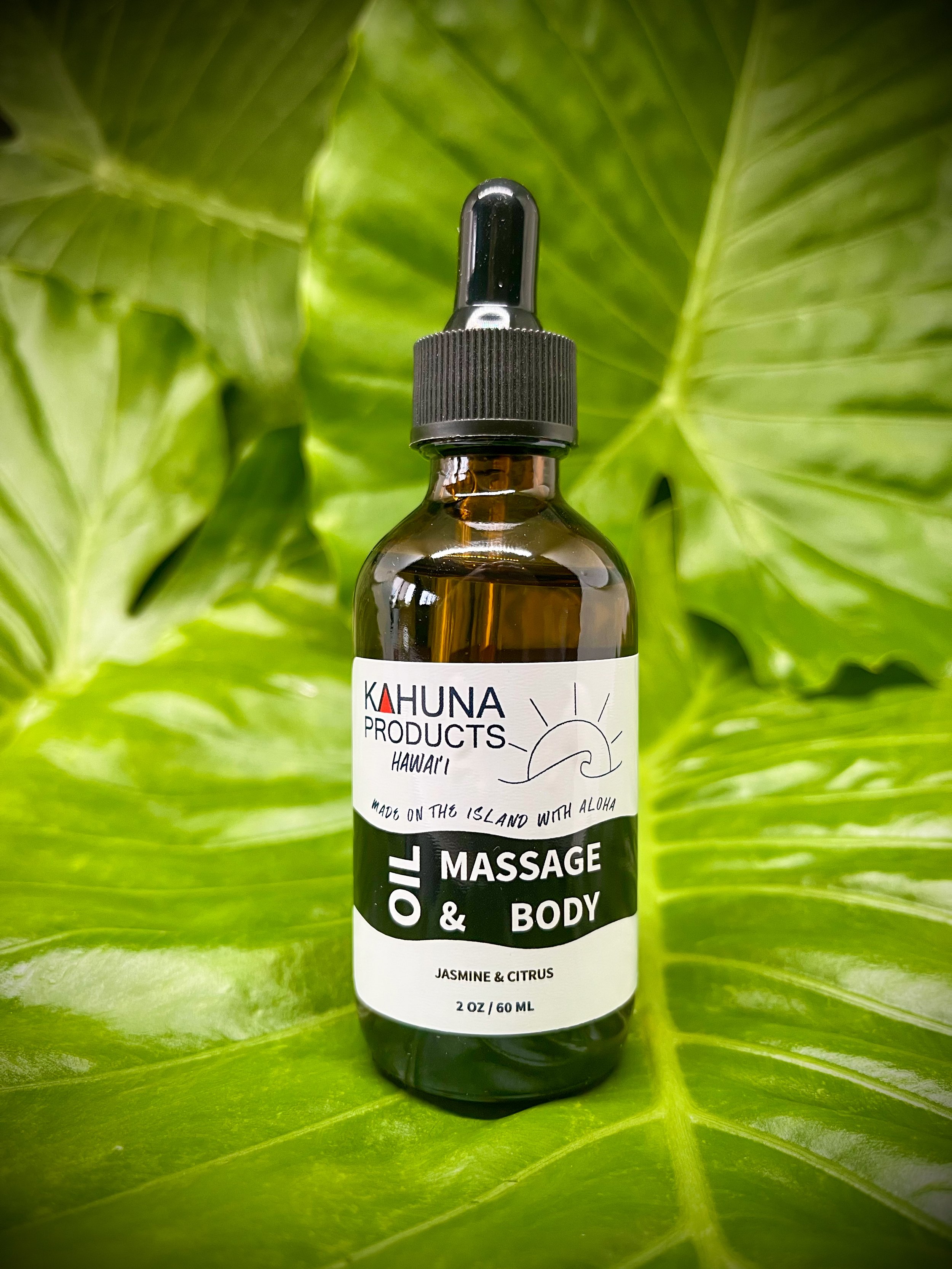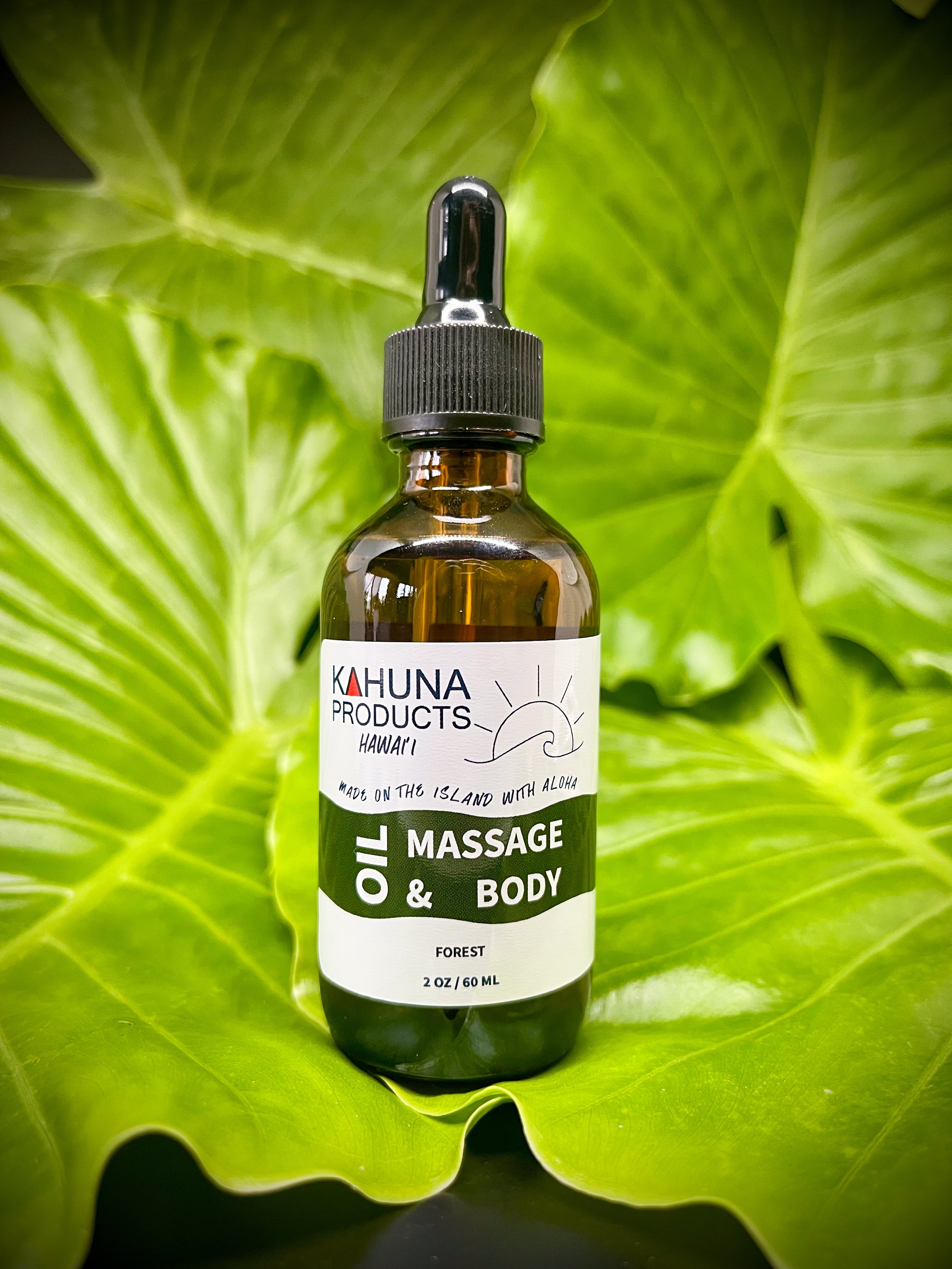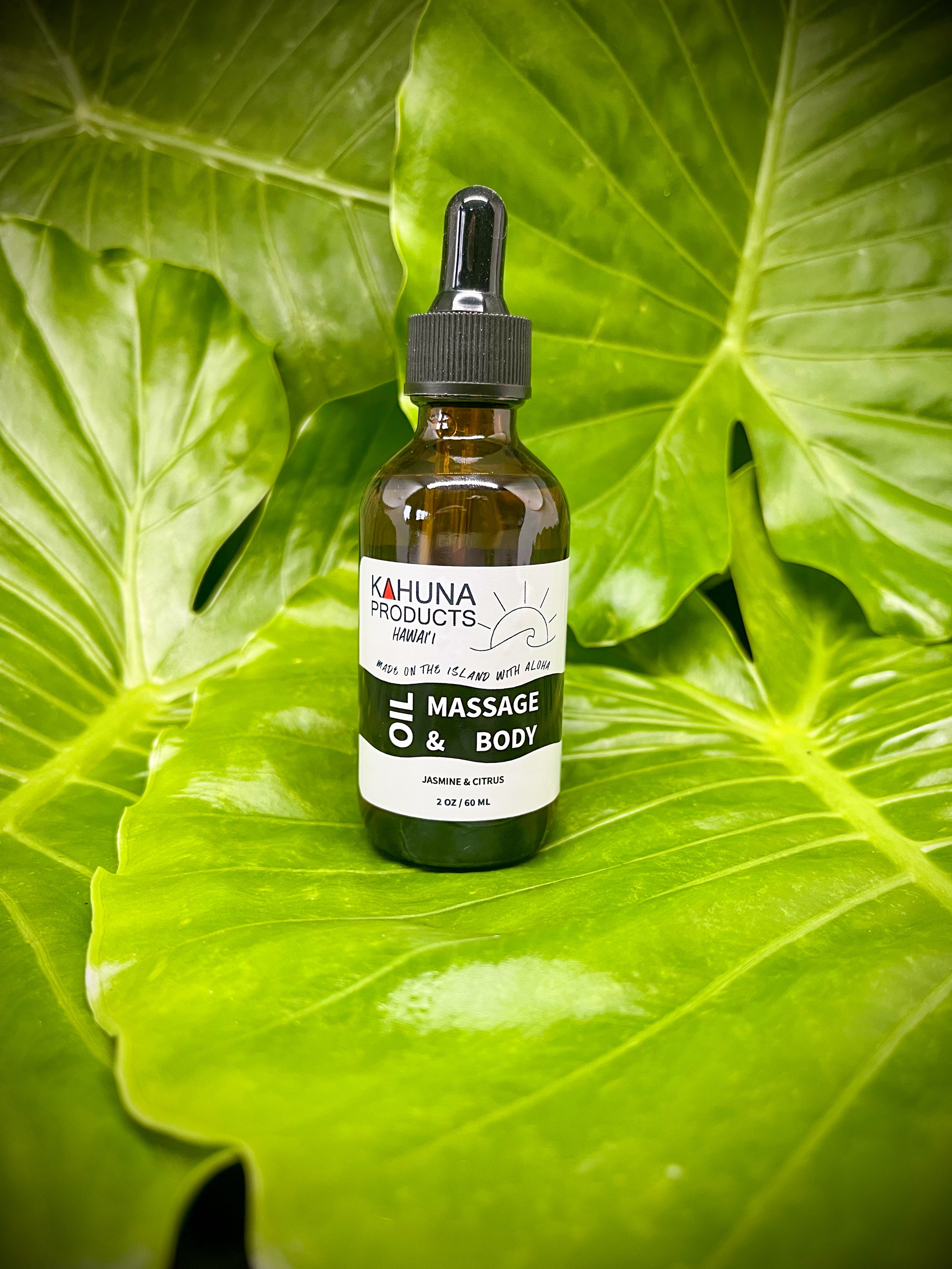 Image 1 of 2
Image 1 of 2

 Image 2 of 2
Image 2 of 2



LEMON TEA TREE ESSENTIAL OIL
Leptospermum petersonii, commonly known as Lemon Tea Tree, is a plant native to Australia and is known for its aromatic leaves that produce an essential oil with a fresh, lemony scent. This essential oil has gained popularity in aromatherapy and natural health practices due to its potential benefits and uses. However, it's important to note that while many people find value in using essential oils, scientific research on their specific benefits is often limited, and individual experiences may vary.
Some potential benefits and aromatherapy uses of Leptospermum petersonii essential oil include:
Antimicrobial Properties: The essential oil of Lemon Tea Tree is believed to have antimicrobial and antifungal properties. It may be used in diffusers to help purify the air and create a clean, fresh environment.
Respiratory Support: The oil's pleasant aroma may help ease congestion and support the respiratory system when diffused or added to steam inhalation blends.
Uplifting and Energizing: The lemony scent of the oil is thought to have uplifting and invigorating effects on mood and energy levels. It may be used in diffusers or personal inhalers to promote a positive atmosphere.
Insect Repellent: Lemon Tea Tree essential oil is sometimes used as a natural insect repellent due to its citrusy scent. It can be added to homemade bug sprays or diffusers to help keep insects at bay.
Skin Care: While research is limited, some people use diluted Lemon Tea Tree oil in skincare routines to potentially address issues like acne or oily skin. However, essential oils should always be diluted before applying to the skin to avoid irritation.
Cleaning and Disinfecting: The oil's antimicrobial properties make it a candidate for natural cleaning and disinfecting purposes. It can be added to homemade cleaning solutions for a pleasant scent and potential antibacterial benefits.
Stress Relief: Aromatherapy with Lemon Tea Tree oil might help promote relaxation and stress relief due to its pleasant aroma. It can be added to bath salts or used in massage oils.
It's important to use essential oils safely and responsibly. Here are a few guidelines to keep in mind:
Dilution: Essential oils are highly concentrated and should be diluted before direct skin application. A common guideline is to use about 1-2% essential oil in a carrier oil (like coconut oil or jojoba oil) for topical use.
Patch Test: Before using a new essential oil on your skin, perform a patch test to check for any adverse reactions or sensitivities.
Consultation: If you're pregnant, nursing, have a medical condition, or are taking medications, it's wise to consult a healthcare professional before using essential oils.
Quality: Choose high-quality, pure essential oils from reputable sources to ensure you're getting a product that is free from contaminants and additives.
Allergies: If you have allergies or sensitivities, be cautious when using essential oils, as some people might react to certain scents.
Remember that essential oils are complementary tools and should not replace professional medical advice or treatments when needed.
Leptospermum petersonii, commonly known as Lemon Tea Tree, is a plant native to Australia and is known for its aromatic leaves that produce an essential oil with a fresh, lemony scent. This essential oil has gained popularity in aromatherapy and natural health practices due to its potential benefits and uses. However, it's important to note that while many people find value in using essential oils, scientific research on their specific benefits is often limited, and individual experiences may vary.
Some potential benefits and aromatherapy uses of Leptospermum petersonii essential oil include:
Antimicrobial Properties: The essential oil of Lemon Tea Tree is believed to have antimicrobial and antifungal properties. It may be used in diffusers to help purify the air and create a clean, fresh environment.
Respiratory Support: The oil's pleasant aroma may help ease congestion and support the respiratory system when diffused or added to steam inhalation blends.
Uplifting and Energizing: The lemony scent of the oil is thought to have uplifting and invigorating effects on mood and energy levels. It may be used in diffusers or personal inhalers to promote a positive atmosphere.
Insect Repellent: Lemon Tea Tree essential oil is sometimes used as a natural insect repellent due to its citrusy scent. It can be added to homemade bug sprays or diffusers to help keep insects at bay.
Skin Care: While research is limited, some people use diluted Lemon Tea Tree oil in skincare routines to potentially address issues like acne or oily skin. However, essential oils should always be diluted before applying to the skin to avoid irritation.
Cleaning and Disinfecting: The oil's antimicrobial properties make it a candidate for natural cleaning and disinfecting purposes. It can be added to homemade cleaning solutions for a pleasant scent and potential antibacterial benefits.
Stress Relief: Aromatherapy with Lemon Tea Tree oil might help promote relaxation and stress relief due to its pleasant aroma. It can be added to bath salts or used in massage oils.
It's important to use essential oils safely and responsibly. Here are a few guidelines to keep in mind:
Dilution: Essential oils are highly concentrated and should be diluted before direct skin application. A common guideline is to use about 1-2% essential oil in a carrier oil (like coconut oil or jojoba oil) for topical use.
Patch Test: Before using a new essential oil on your skin, perform a patch test to check for any adverse reactions or sensitivities.
Consultation: If you're pregnant, nursing, have a medical condition, or are taking medications, it's wise to consult a healthcare professional before using essential oils.
Quality: Choose high-quality, pure essential oils from reputable sources to ensure you're getting a product that is free from contaminants and additives.
Allergies: If you have allergies or sensitivities, be cautious when using essential oils, as some people might react to certain scents.
Remember that essential oils are complementary tools and should not replace professional medical advice or treatments when needed.
Leptospermum petersonii, commonly known as Lemon Tea Tree, is a plant native to Australia and is known for its aromatic leaves that produce an essential oil with a fresh, lemony scent. This essential oil has gained popularity in aromatherapy and natural health practices due to its potential benefits and uses. However, it's important to note that while many people find value in using essential oils, scientific research on their specific benefits is often limited, and individual experiences may vary.
Some potential benefits and aromatherapy uses of Leptospermum petersonii essential oil include:
Antimicrobial Properties: The essential oil of Lemon Tea Tree is believed to have antimicrobial and antifungal properties. It may be used in diffusers to help purify the air and create a clean, fresh environment.
Respiratory Support: The oil's pleasant aroma may help ease congestion and support the respiratory system when diffused or added to steam inhalation blends.
Uplifting and Energizing: The lemony scent of the oil is thought to have uplifting and invigorating effects on mood and energy levels. It may be used in diffusers or personal inhalers to promote a positive atmosphere.
Insect Repellent: Lemon Tea Tree essential oil is sometimes used as a natural insect repellent due to its citrusy scent. It can be added to homemade bug sprays or diffusers to help keep insects at bay.
Skin Care: While research is limited, some people use diluted Lemon Tea Tree oil in skincare routines to potentially address issues like acne or oily skin. However, essential oils should always be diluted before applying to the skin to avoid irritation.
Cleaning and Disinfecting: The oil's antimicrobial properties make it a candidate for natural cleaning and disinfecting purposes. It can be added to homemade cleaning solutions for a pleasant scent and potential antibacterial benefits.
Stress Relief: Aromatherapy with Lemon Tea Tree oil might help promote relaxation and stress relief due to its pleasant aroma. It can be added to bath salts or used in massage oils.
It's important to use essential oils safely and responsibly. Here are a few guidelines to keep in mind:
Dilution: Essential oils are highly concentrated and should be diluted before direct skin application. A common guideline is to use about 1-2% essential oil in a carrier oil (like coconut oil or jojoba oil) for topical use.
Patch Test: Before using a new essential oil on your skin, perform a patch test to check for any adverse reactions or sensitivities.
Consultation: If you're pregnant, nursing, have a medical condition, or are taking medications, it's wise to consult a healthcare professional before using essential oils.
Quality: Choose high-quality, pure essential oils from reputable sources to ensure you're getting a product that is free from contaminants and additives.
Allergies: If you have allergies or sensitivities, be cautious when using essential oils, as some people might react to certain scents.
Remember that essential oils are complementary tools and should not replace professional medical advice or treatments when needed.
-
INCI NAME: Leptospermum Petersonii Oil.
ORIGIN: Australia. Bottled in Hawai’i.
PART USED: Leaves.
EXTRACTION METHOD: Steam Distilled Essential Oil.
NOTE CLASSIFICATION: Top Note.
-
Lemon Tea Tree (Leptospermum petersonii) essential oil can be blended with various other essential oils to create harmonious and well-rounded aromatherapy blends. Here are some essential oils that it blends well with:
Lavender (Lavandula angustifolia): Lavender's calming and soothing properties can complement the uplifting and fresh scent of Lemon Tea Tree, creating a balanced blend for relaxation and stress relief.
Eucalyptus (Eucalyptus globulus): Combining Lemon Tea Tree with eucalyptus can enhance the respiratory benefits of both oils, providing relief for congestion and promoting clear breathing.
Peppermint (Mentha × piperita): Adding a touch of peppermint can invigorate the blend and provide a cooling sensation. This combination may be helpful for focusing the mind and promoting alertness.
Geranium (Pelargonium graveolens): Geranium's floral and slightly citrusy aroma can complement the lemony scent of Lemon Tea Tree, creating a well-rounded blend that's both uplifting and harmonizing.
Tea Tree (Melaleuca alternifolia): Since Lemon Tea Tree and Tea Tree are both from the Melaleuca family, they can work well together to enhance the antifungal and antimicrobial properties of the blend.
Citrus Oils (Lemon, Orange, Grapefruit): Lemon Tea Tree already has a citrusy scent, but blending it with other citrus essential oils can create a vibrant and energizing aroma, perfect for promoting positivity and freshness.
Rosemary (Rosmarinus officinalis): Rosemary's herbal and slightly woody scent can complement the lemony notes of Lemon Tea Tree. This blend can be invigorating and supportive of mental clarity.
Cedarwood (Cedrus atlantica): Adding cedarwood to the blend can bring a grounding and earthy element, creating a more well-rounded and balanced aroma.
When creating essential oil blends, start with a few drops of each oil and adjust the ratios based on your personal preferences and the intended use of the blend. Keep in mind that essential oils are potent, so a little goes a long way. Always conduct a patch test and consider the potential effects of each oil before creating your blend.
Additionally, blending essential oils can be an art and a science, and the best blends often come from experimentation and understanding how the different oils interact with each other.
-
They can be inhaled directly from the bottle, diffuser, or humidifier.
They should be diluted with a carrier oil when applied to your skin. We suggest a 4% dilution rate.
You can also add them to your favorite skincare products.
Essential oils are not safe for consumption unless you are under a health practitioner's guidance.
-
100% Pure Essential Oil.
Unrefined, Undiluted, No Fillers, No Synthetics, Organic, and Sustainably sourced.
-
0.33 oz / 10 ml
Amber glass bottle with euro dropper.
-
Keep out of reach of children. The bottles are a choking hazard. Avoid contact with eyes, inner ears, mucous membranes, and sensitive areas. If you are pregnant, nursing, taking medication, or have a medical condition, consult a health professional prior to use.
Animals are more sensitive to certain scents; consider your pets while choosing essential oils.
While not all essential oils have the same effect on everyone, the key is finding which ones work best for you. You are the individual and know what is best for you. So experiment and find your path.
The products described on this website are not intended to diagnose, treat or prevent any disease or to affect any structure or function of the skin or body. The information on this website is not medical advice and is not a substitute for consulting with a healthcare provider.



